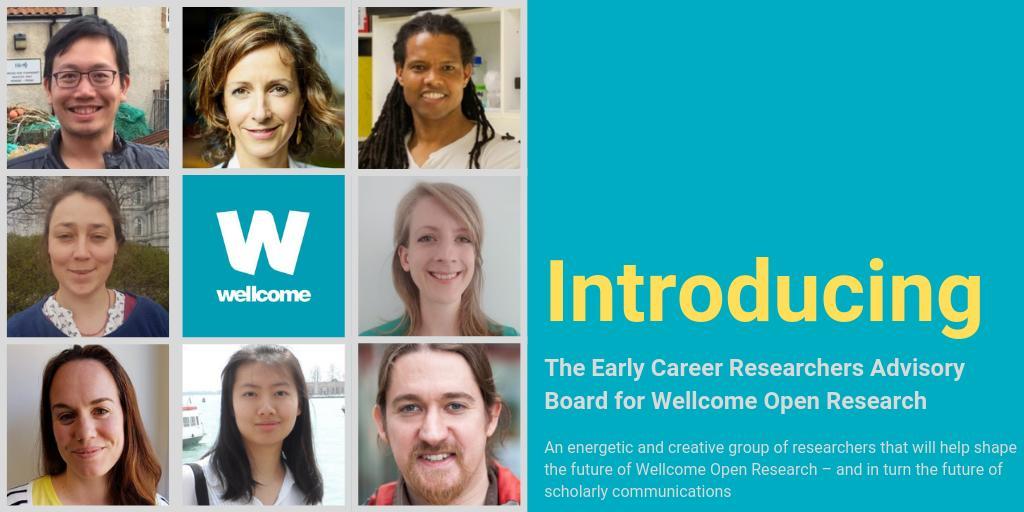
Submitted by Administrator on Thu, 27/06/2019 - 15:10
As part of their continued drive towards promoting open access publishing, and the open sharing of research data, the Wellcome trust have launched an online platform called “Wellcome Open Research”. This provides all Wellcome researchers with a place to rapidly publish any results they think are worth sharing. All articles benefit from immediate publication, transparent peer review and the inclusion of all source data. Earlier this year the Wellcome trust Open Research team sought an early career researcher advisory board. They will represent the many early career researchers that are supported by Wellcome, providing an active voice for researchers who are building their careers in academia. Included on this board is Ben Steventon, who has been interested in using this platform as a way to promote the open usage and sharing of imaging datasets (https://wellcomeopenresearch.org/articles/3-163/v1).
This follows on from Ben’s participation in the Wellcome trust/University of Cambridge Open research pilot (https://openadventures-blog.lib.cam.ac.uk/?p=197), where specific challenges related to the open sharing of imaging data were discussed. The advent of modern imaging capabilities and molecular tools probing dynamic cellular processes in real-time is revolutionising the way that we understand embryonic development and cellular decision making. This requires that scientific expertise in the building of microscopy technologies are co-localised with researchers generating the genetically modified organisms that express the reporter construct of interest. Furthermore, local collaborations with computer scientists are needed for the appropriate feature extraction from the resulting data. Therefore, increasing the open sharing of imaging datasets will increase in the impact of this research, as it will allow for geographically dispersed researchers to work together.
Biomedical research in general is increasingly interdisciplinary (and that is certainly case for the research in our Department!), meaning that different research outputs including raw and processed data, analysis tools, data interpretation and articles all have different audiences to be reached. For early career researchers, maximising on their work's impact is essential, and open research methodologies can be an excellent way of moving out of the restricted communication medium of traditional peer-review journals. It enables researchers to communicate the output of their work to many different research fields, and thereby accelerates the transition to independence by generating increased networking opportunities and collaborations.
